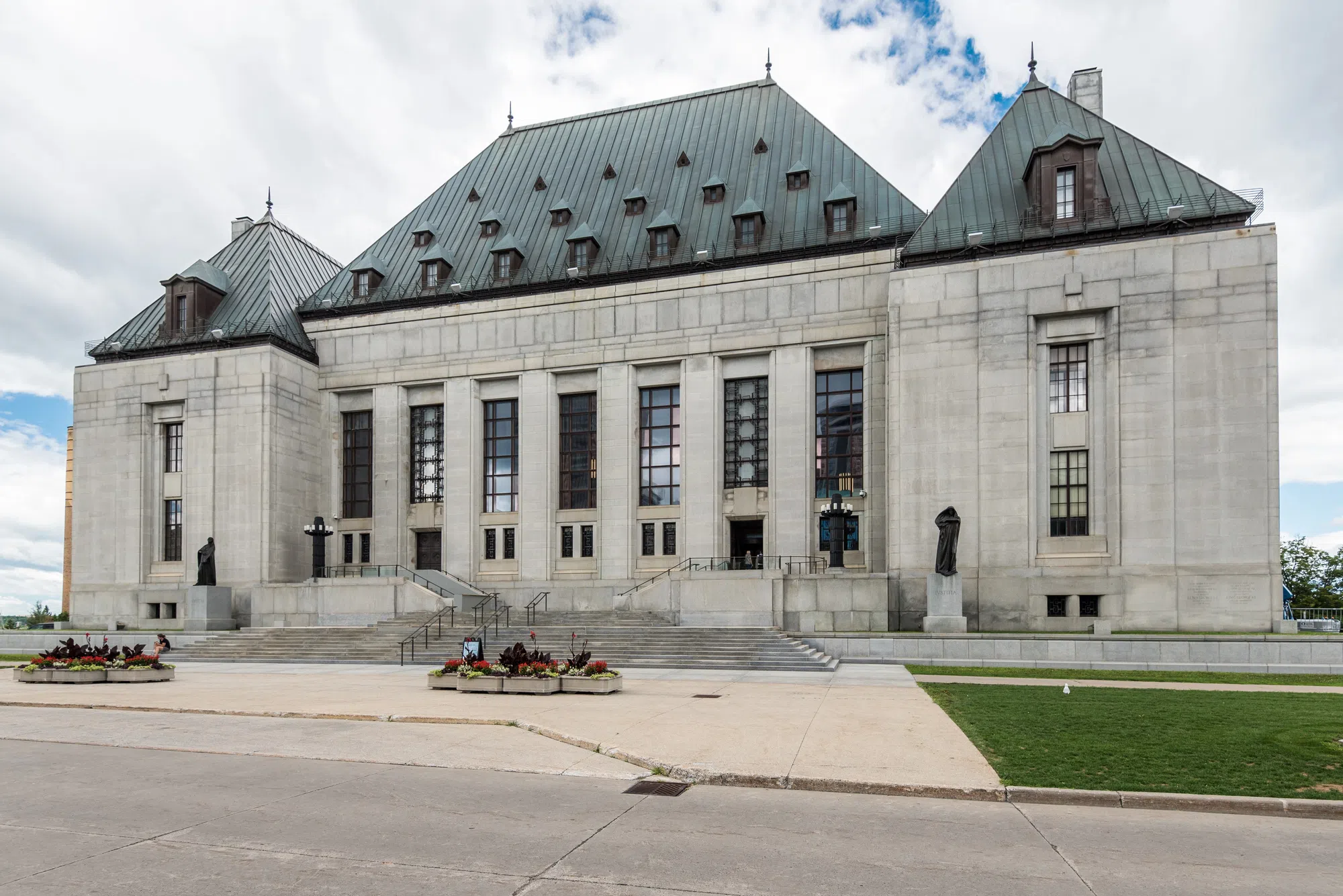Saugeen Ojibway Nation has released a statement after the Supreme Court of Canada denied its request to appeal part of two lower court decisions dealing with Treaty 72.
Saugeen Ojibway Nation (SON) says the court claim started in 1994 and argued the Crown broke its treaty promises made in 1836 when SON agreed to Treaty 45 1/2 that opened up 1.5 million acres of land south of Owen Sound for settlement by Europeans.
Saugeen was to keep the Saugeen Bruce Peninsula, and the Crown promised to protect it from settlement.
But in 1854, the Crown came back and demanded the First Nation open its lands to settlement or the Crown would just take it anyway. The statement from SON says they reluctantly agreed and Treaty 72 was signed, which opened most of the land on the peninsula for settlement.
SON’s case that the Crown broke its promise went to court in 2019 and in 2021, the Ontario Superior Court released a decision finding the Crown did break its promise when it failed to protect the peninsula and that an agent of the Crown, T.G. Anderson breached the Crown’s honour when he told SON the Crown wouldn’t keep its promises and would take the land without SON’s consent.
The judge also found the Crown did not have fiduciary duty to keep its promise. In 2023, the Court of Appeal for Ontario agreed with the previous judgement.
SON explains ,”Fiduciary duties are special obligations that arise in relationships where one party relies on the other to act in their best interest.” SON argued the Crown should have acted in Saugeen’s best interest as if it were the Crown’s own best interest.
SON’s appeal to the Supreme Court asked if it would consider whether the lower courts were wrong on the point of fiduciary duty and the Supreme Court denied the request for appeal.
Now, SON says its next steps will be to seek remedies for the broken treaty promise and breach of the honour of the Crown.
Chippewas of Nawash Unceded First Nation Chief Greg Nadjiwon says in a statement, ‘It’s disappointing that the Crown isn’t going to hear from us about the importance of the Crown keeping its treaty promises, about why it is a relationship that should be held to the high standard of a fiduciary obligation, but we will push forward to hold the Crown accountable for their wrongs.”
Saugeen First Nation Chief Conrad Ritchie says, “We’re hopeful from other recent developments in the law that there must be real efforts and action to make things right when the Crown has breached its honour. We hope that Canada and Ontario will work with us to come to a fair and just resolution,” he adds, “We remain committed to seeking a remedy that reflects our longstanding relationship to our lands and is about making right what we lost.”
Lawyer for SON, Cathy Guirguis says the Supreme Court isn’t in the habit of releasing its reasoning for its decisions on leave to appeal. She explains in cases like this, the legal test may be whether or not the court thinks the question is of national importance, “What that means, is basically it’s important to Canada across the board, it affects the public at large, there might be some lack of clarity in the law that you’re asking them to clarify,” says Guirguis.
Guirguis says, as SON notes in its statement Monday, a Supreme Court ruling was made this past summer in a different case, Restoule V Canada (after SON had submitted its application) that said breaches of treaty rights and the honour of the Crown can lead to real remedies to repair what was lost.
Guirguis says “Up until very recently, indeed this summer, when the Supreme Court of Canada released another decision, it wasn’t clear what were the remedies, what was the resolution you get when the Court says the Crown has breached its honour and broken a treaty promise.”
The release from SON says, “This case law means the Saugeen Ojibway Nation should get meaningful remedies for the Crown’s broken promises.”










